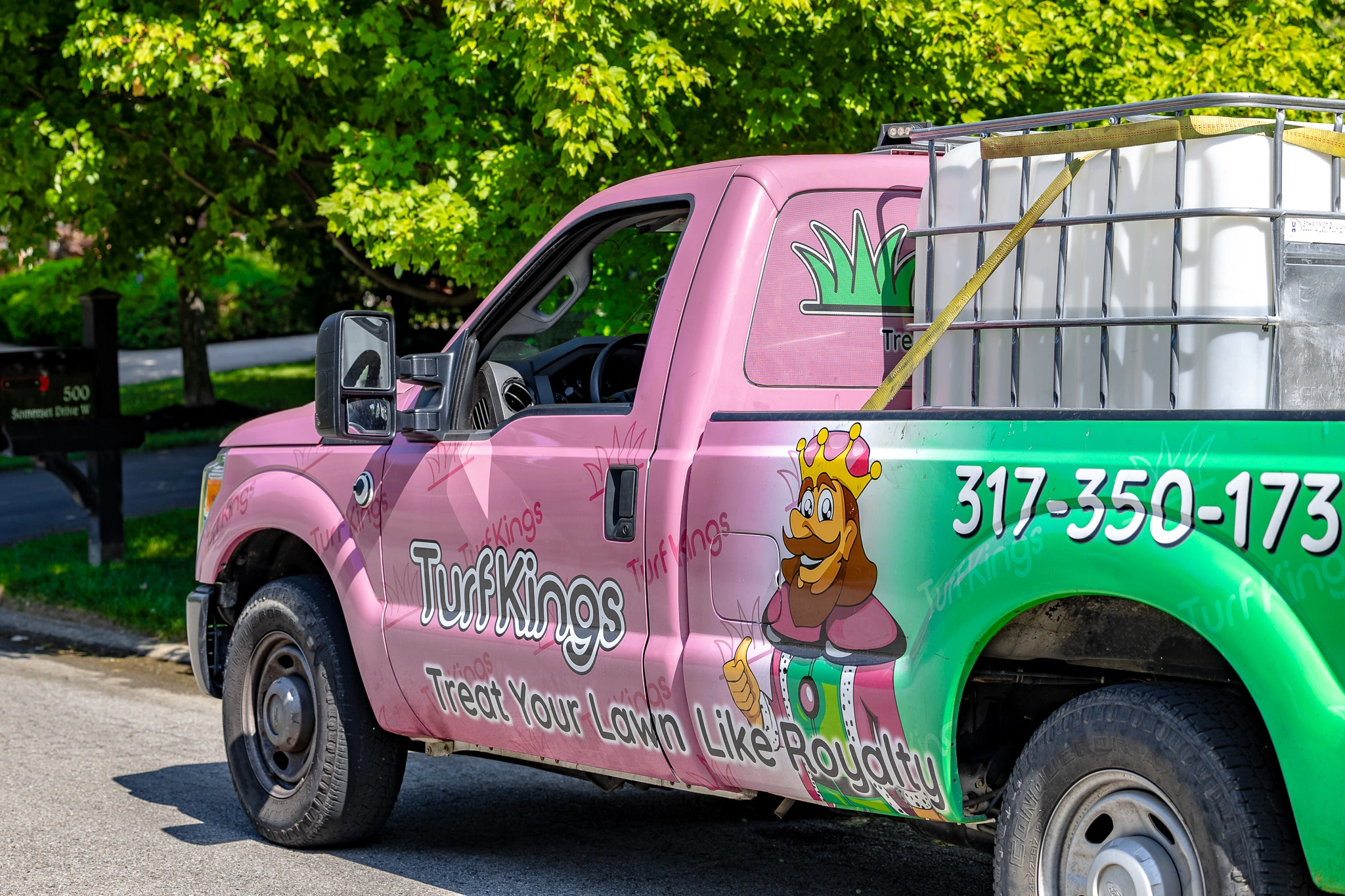As winter blankets the landscapes of Indiana with snow and frost, many homeowners might believe that lawn care is put on hold until the warmth of spring returns. However, the truth is that your lawn still requires attention and care during the winter months. In this blog, we'll debunk common winter lawn care myths and shed light on the essential practices to keep your Indiana lawn healthy and vibrant all year round.

Myth 1: Lawn care is unnecessary during winter.
Reality: While it's true that grass growth slows down in winter, neglecting your lawn during this time can lead to various issues. Proper winter lawn care sets the foundation for a lush and healthy lawn come spring. Regular maintenance helps prevent diseases, maintains soil health, and ensures that your grass is ready to thrive when temperatures rise.
Myth 2: Fertilizing in winter harms the lawn.
Reality: Fertilizing your lawn in late fall or early winter is crucial for maintaining its health. While the grass may not actively grow during this time, the roots continue to absorb nutrients, promoting strong and resilient grass come spring. Choose a slow-release fertilizer with a balanced ratio of nitrogen, phosphorus, and potassium to nourish your lawn throughout the winter months.
Myth 3: Mowing is unnecessary in winter.
Reality: Mowing is an integral part of winter lawn care. Before winter sets in, be sure to complete a final cut at the appropriate height to reduce risk of disease and stress on your lawn. Shorter grass reduces the risk of snow mold and other winter diseases. However, avoid cutting more than one-third of the grass blade length at a time, as this can stress the grass.
Myth 4: Snow acts as a natural fertilizer.
Reality: While snow can provide moisture to your lawn, it is not a substitute for proper watering and fertilization. Excessive snow accumulation can lead to snow mold, a fungal disease that damages the grass. Be mindful of heavy snowfall and consider gently removing excess snow from your lawn to prevent winter diseases.
Myth 5: Applying salt to melt snow won't harm the lawn.
Reality: Rock salt and other de-icing agents may help melt ice on sidewalks and driveways, but they can be detrimental to your lawn. These salts can cause soil compaction, disrupt nutrient absorption, and harm grass roots. Use alternative de-icing methods such as sand, kitty litter, or calcium chloride to protect your lawn.



Comments (0)
Thanks for your comment!
Thanks for your feedback! Your comments have been successfully submitted! Please note, all comments require admin approval prior to display.
Error submitting comment!
There is a problem with your comment, please see below and try again.